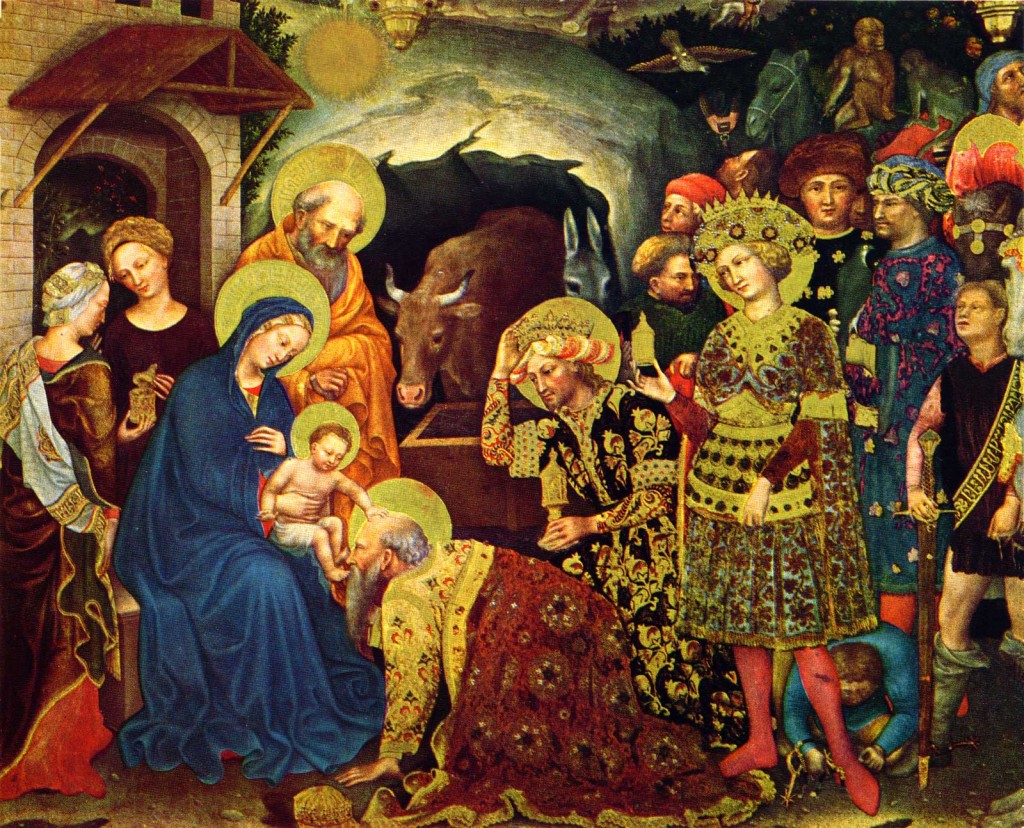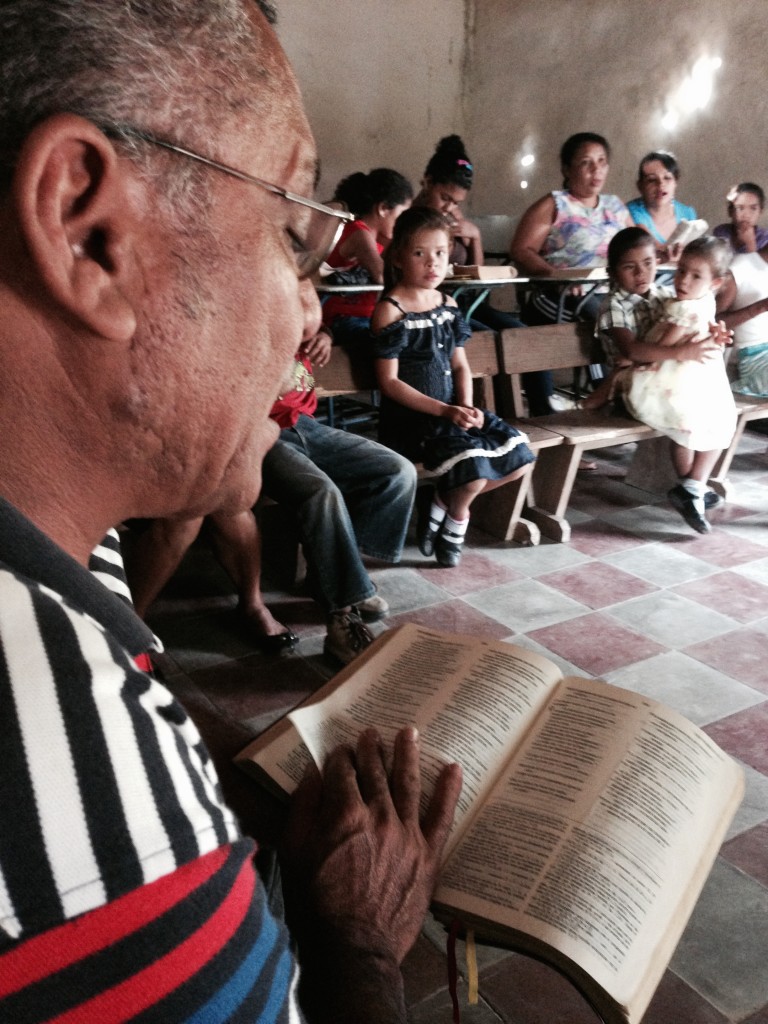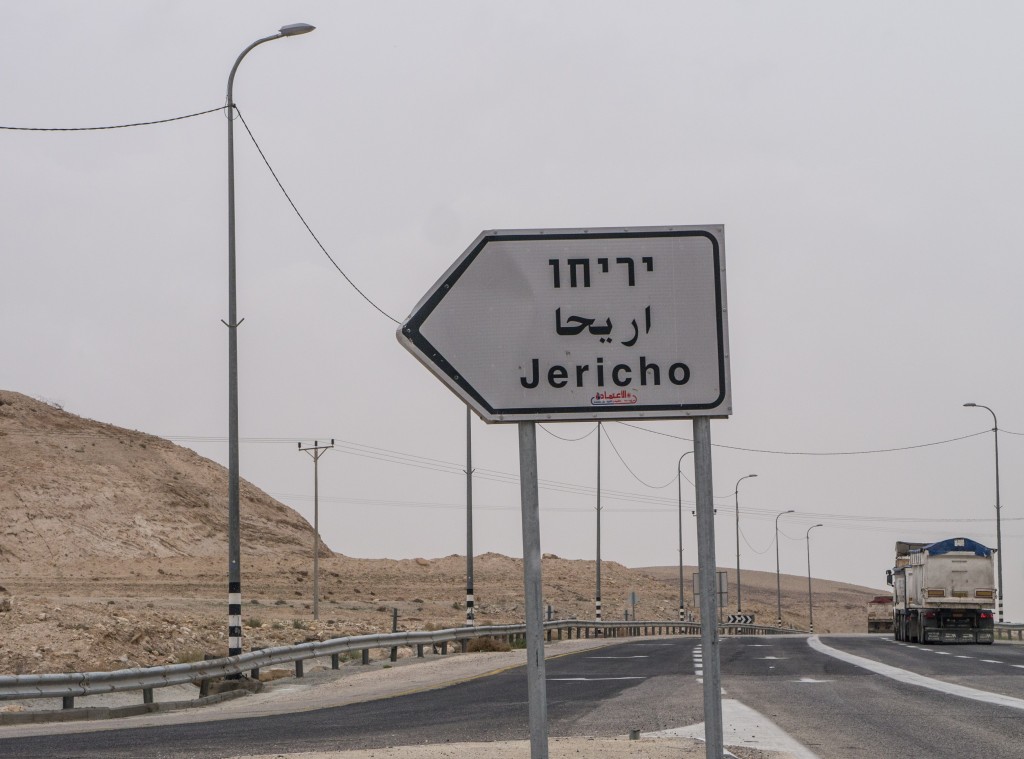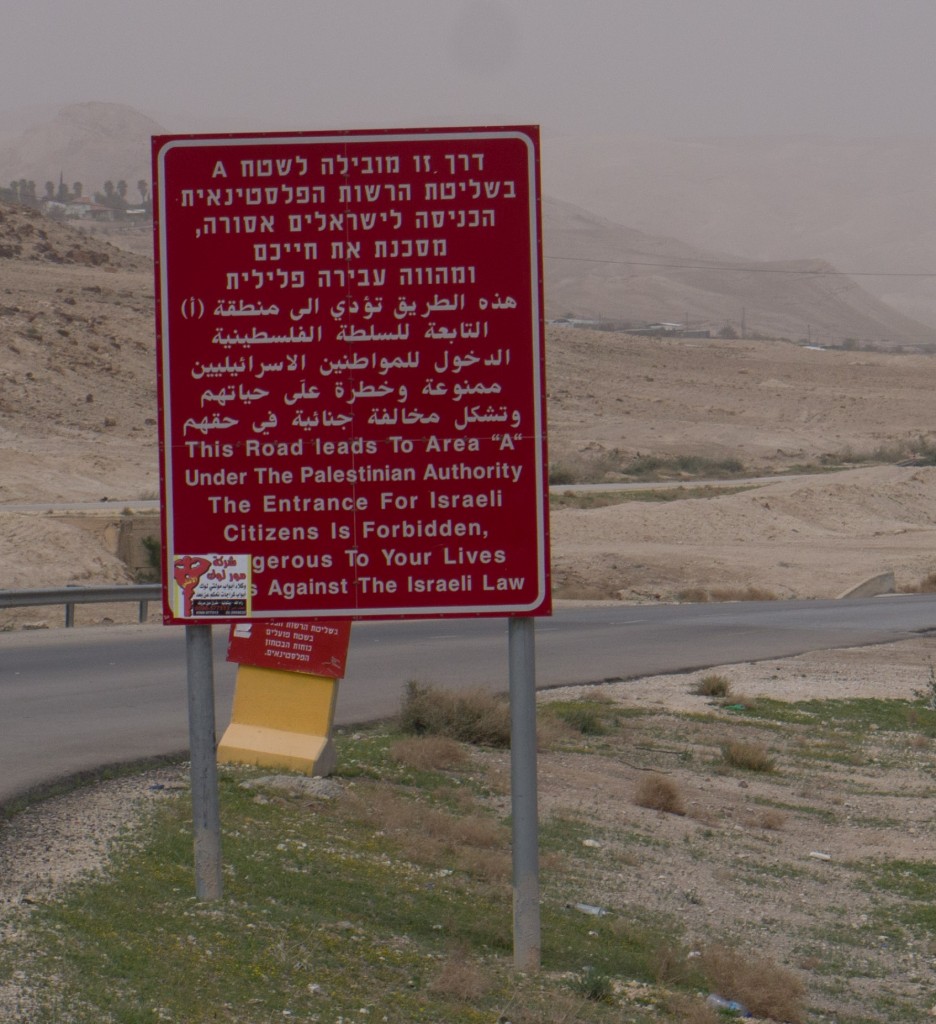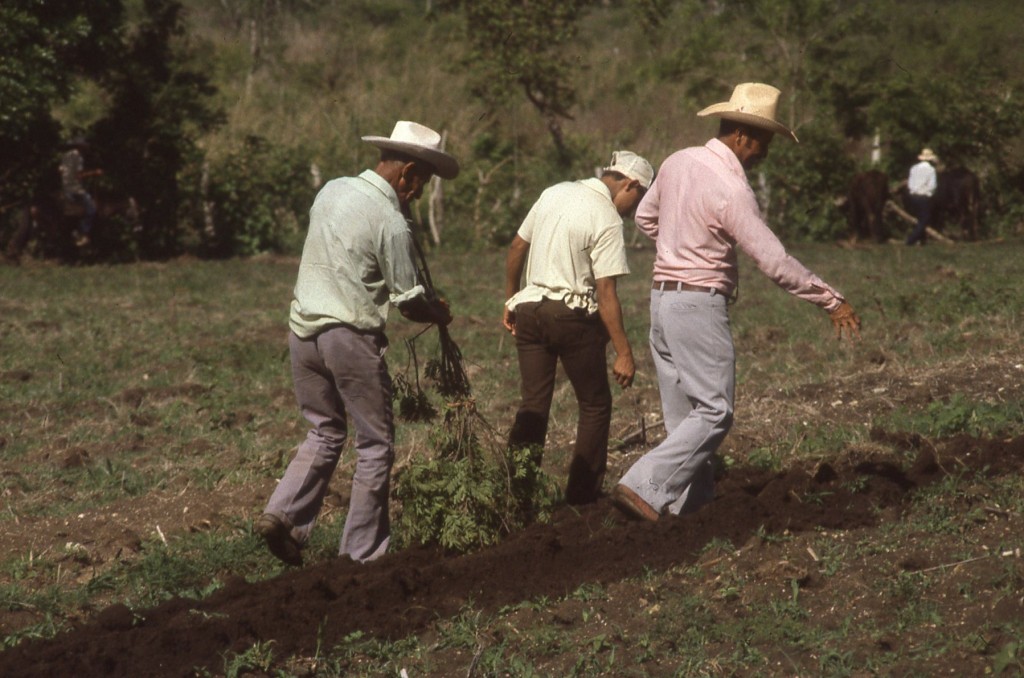I was deeply troubled by news of this week’s killings of journalists at Charlie Hebdo, France’s satirical newspaper, by two French Muslim brothers of Algerian descent, Chérif and Saïd Kouachi. I’ve been haunted by footage I saw of these gunmen’s shooting of a police officer in cold blood on a Parisian street where our good friends live and where we regularly stay. The horrific killing of four hostages in the Jewish kosher grocery store by another jihadist activist, followed by the French police’s shooting of all three gunmen, has made this a traumatic week for France and the world.
Should we be surprised by these killings? Offense, resentment, and shame carried by many young Muslim men and others on the margins today incite rage. In this case, the rage is directed against the dishonoring gaze and mocking words of journalism that appears to consider nothing sacred, except free speech. I am not at all saying that these victims had it coming to them or that the perpetrators are in any way justified. Rather I am inviting us to look at this from another perspective.
In the twenty years of my chaplaincy ministry in our local jail and in prisons around the world, I have witnessed the consequences of the exercise of free speech over and over. Exercising your freedom of speech to say whatever you want in a prison context (and many other places too) is possible, but it is not advised, especially if your words increase offense and lead to a sense of powerlessness and shame when the offended one may not have an effective way to respond. If you disrespect someone’s mother, girlfriend, or even fellow gang member, you will likely pay the consequences at some point.
Cartoons of a naked Prophet Mohammed published by Charlie Hebdo, as well as images of the victims of Israel’s recent bombing of Gaza or America’s tortured detainees add to many Muslim people’s experience of being disrespected by the powerful status quo. Chérif and Saïd Kouachi sought to vindicate the honor of Mohammed (and his followers).
Many second generation immigrants, like Chérif Kouachi and his brother (who was orphaned and then raised in France’s foster-care system), experience tremendous alienation growing up in Western European countries as disaffected minorities, and they seek refuge in their identity as Muslims. Chérif Kouachi was reputed to have been first radicalized in his early twenties when he saw images and heard reports of American soldiers torturing Iraqi prisoners in Abu Ghraib prison.
The tremendous violence unleashed on Palestinians by Israelis has radicalized many young Muslims. Attacks on Muslims in Iraq, Syria and Yemen by Americans and their coalition through bombing raids, drone attacks, incarceration and torture is radicalizing many more. And Western media that dishonors Islam or justifies violent actions against it only adds salt to the wounds.
People all around the world have reacted to the massacre at Charlie Hebdo by identifying with the slaughtered journalists, who have come to represent freedom of speech. Masses of mainstream Westerners with signs “I am Charlie” or “We are Charlie” (“Je suis Charlie”; “Nous Sommes Charlie”) are effectively cloning en masse those viewed by Muslims as dishonoring and mocking Islam (see this article).
When many in France and around the world choose to first and foremost stand in solidarity with those champions of freedom of speech such as Charlie Hebdo (the French value of freedom or “liberté”) rather than prioritizing pursuit of communication and mutual understanding with Muslims (the value of brotherhood or “fraternité”), they further dishonor disaffected Muslims, provoking them towards deeper frustration and resentment and increasing violence.
So how might followers of Jesus respond to this escalation of hatred and violence? Jesus warned his disciples: “You will be hearing of wars and rumors of wars. See that you are not frightened, for those things must take place, but that is not yet the end” (Matthew 24:6). Jesus expects his listeners to be aware that history is heading toward increasing tension and to resist the natural tendencies toward hard- heartedness or violence.
“Because lawlessness is increased, most people’s love will grow cold. But the one who endures to the end, he will be saved. This gospel of the kingdom shall be preached in the whole world as a testimony to all the nations, and then the end will come” (Matthew 24:12–14). Anyone listening to Jesus is told to not be fearful, but to get on with the highest priority work—announcing the Gospel of the Kingdom. What is this Gospel?
It most certainly does not include Christians identifying with or justifying swift and effective retaliation, increased surveillance, growing suspicion, incarceration, hatred against Muslims, or fear (nor justifying jihadist violence and justified). When James and John ask Jesus if they should call down fire from heaven to consume the Samaritans who refused them entry as they traveled toward Jerusalem, Jesus rebukes them, saying: “You do not know of what spirit you are of. For the son of man did not come to destroy men’s lives but to save them” (Luke 9:55–56).
Those following Jesus need empowerment by the Holy Spirit to love our neighbors, to love our enemies, and to actively pursue understanding and reconciliation. This includes first taking the log out of our own eyes through confessing our sin and renouncing our violence. We must refuse our natural proclivity to judge the other, and to seek instead understanding with Muslims or anyone we label an “offender.” Honest communication can happen only when we build relationships.
Now we have an opportunity—to refuse to let our love grow cold or be overcome by evil, but to pursue Spirit-guided ways to overcome evil with good; to refuse to let the light of our Gospel be overcome by the darkness, but to shine brightly, so that all can see the light of the face of Christ—the world’s Messiah Savior.
Now is the time to pray for the families and communities of the dead and for the people of France, for God’s comfort and peace. Prayers for peace for the larger European continent are critical at this time, as anti-immigrant political parties are on the rise everywhere, and the scapegoating Muslims and Jew is likely to increase..
In contrast to the shaming gaze, we must seek to look with the compassion of Jesus, who sees the crowds harassed and helpless, like sheep without a shepherd, and then exclaims: “The harvest is plenty but the workers are few: beg the Lord of the harvest to cast out workers into the harvest.”
See– brother of the slain French policeman’s (a Muslim) call to not retaliate

